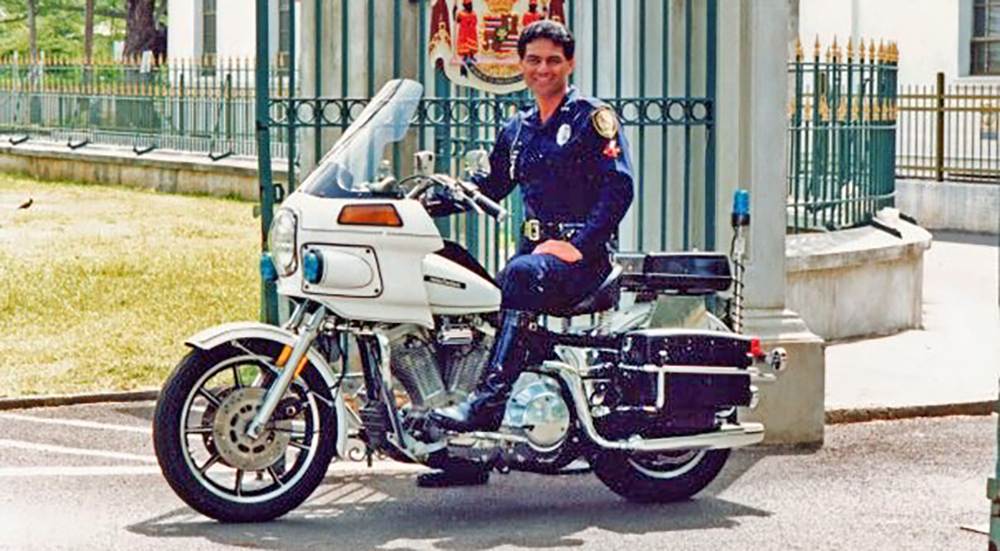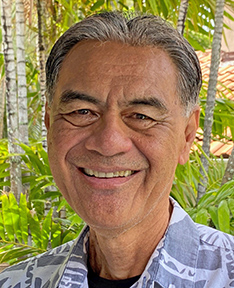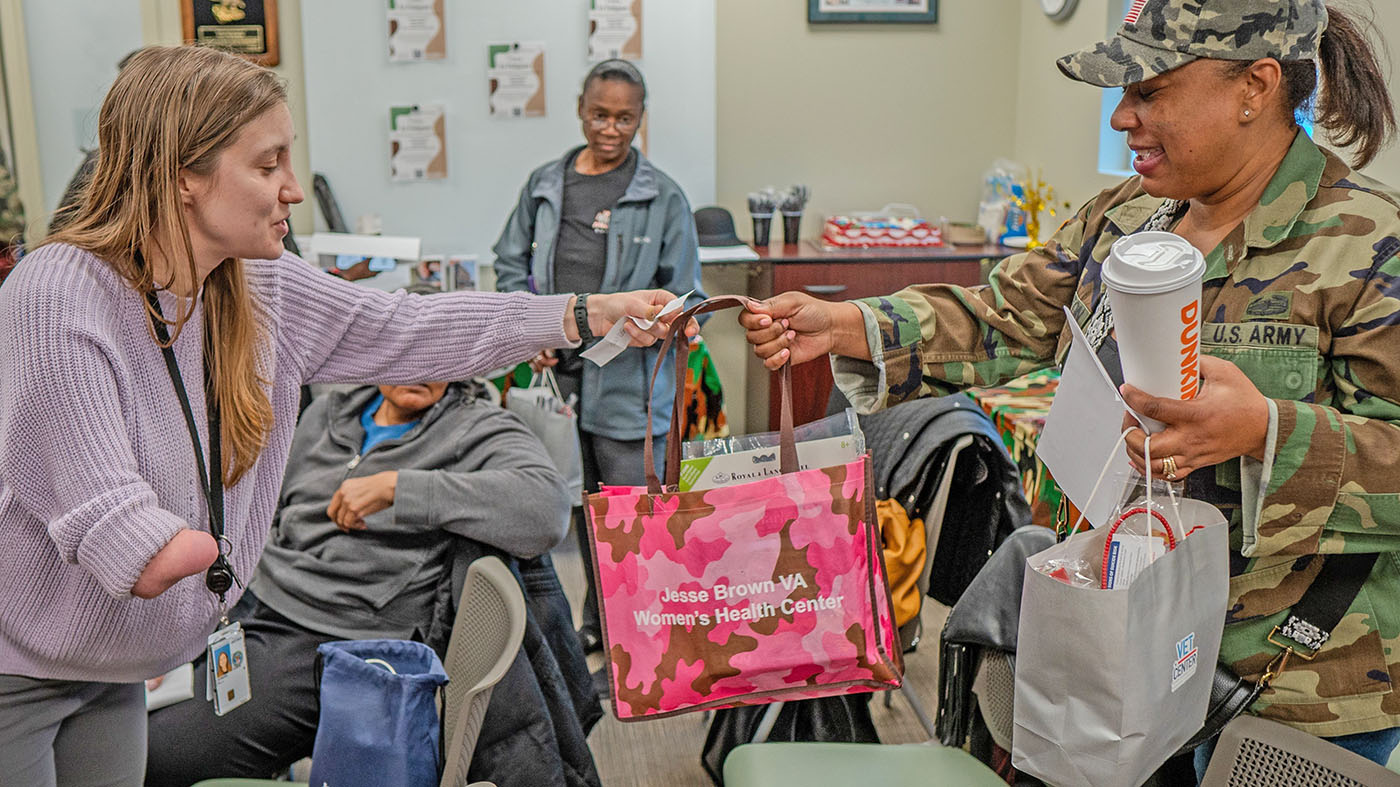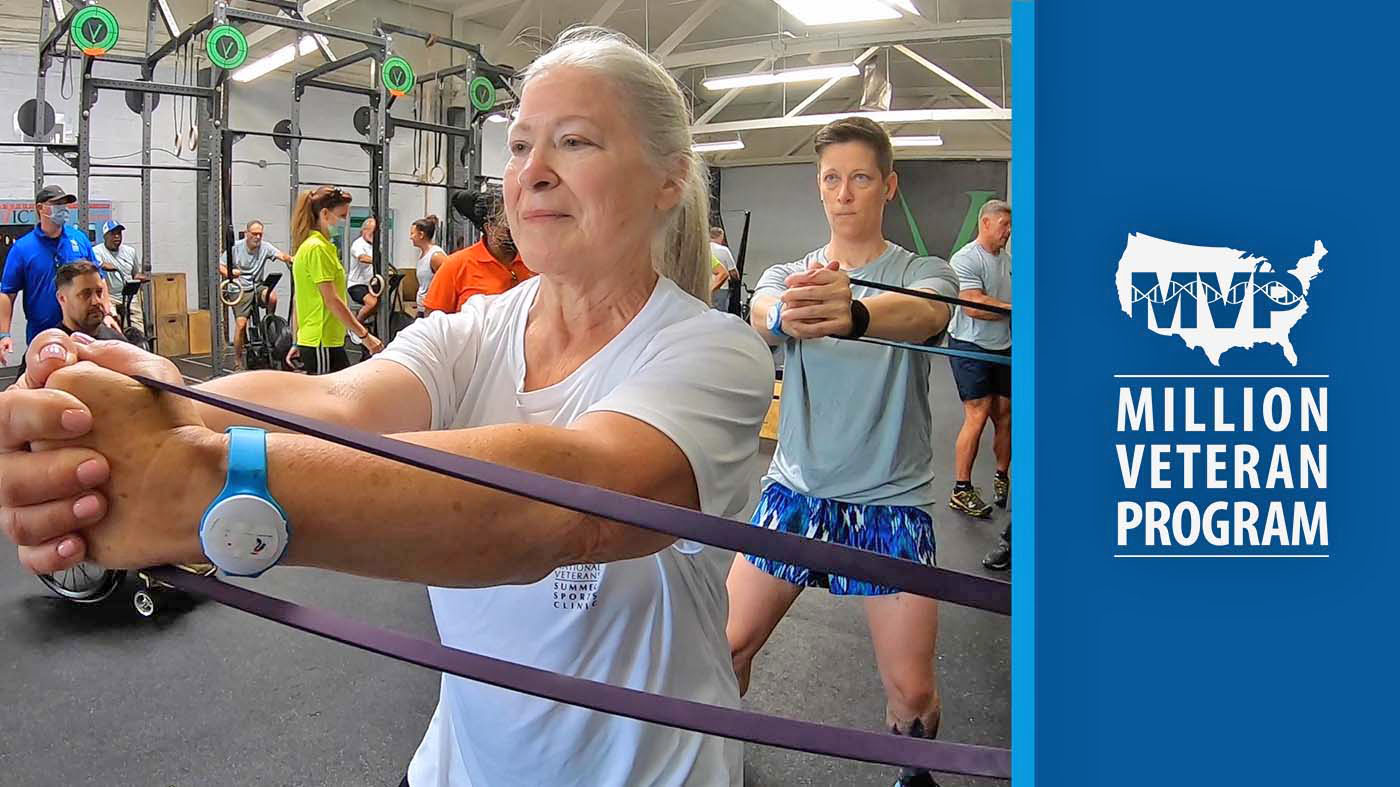This story is about George Smith, an Army Veteran and participant in the Million Veteran Program (MVP).
As a teenager, Smith had a choice to make: stay at the pineapple cannery earning minimum wage of $1.25 and wait for the Selective Service to call him into military service or finish out the summer job and enlist.
Against his mother’s wishes, in September 1968, just weeks after graduating high school and turning 18, Smith signed his name and joined the Army. He left his life on the Hawaii islands and boarded a flight for basic training on the mainland.
When it was time to deploy, the Army sent his engineer battalion into enemy territory in support of the 1st Cavalry Division. Operating bulldozers and other graders, they dug into the earth, smoothing the jungle floor for roads, helicopter pads, airstrips and compounds.
Exchanging one uniform for another
When Smith returned from Vietnam, he served in Texas and Germany, ending his career with the Army at Fort Ord in Monterrey, California. He departed military service and began a new life in Honolulu.
“I pretty much exchanged one uniform for another,” said Smith, who worked as a police officer for 27 years. He retired from the Honolulu Police Department in June 2005.
What he loved most about his career, both in the Army and with the police department, was his role as an instructor. “One of the characteristics of knowledge is that it’s sharable. There’s no sense acquiring knowledge if you’re not going it share it,” he said.
In January this year, while waiting for a consult with the pharmacist about blood pressure medication, Smith was presented another opportunity to share and give back.
A longing for answers
“Polynesians tend to have heart disease problems,” said Smith … and it’s true. While research is limited, the CDC found that Native Hawaiians/Pacific Islanders are 10% more likely to be diagnosed with coronary heart disease than non-Hispanic white people.
So when an MVP staff member approached Smith in the pharmacy about research to understand health conditions in Veterans better than ever before, Smith heard him out.
More than 940,000 Veterans are signed up for MVP, making it VA’s largest research program and one of the largest in the world looking at genes and health.
“My concern is if I have anything I could pass on to my kids,” said Smith, who always wondered if he was exposed to something that could explain his three unrelated cancer diagnoses. He worries if something may have changed his DNA, and if those changes could have passed down to his grown children and their children.
He’s the only one in his family with cancer, though he shares a family history of heart disease, like many others in his Native Hawaiian community. This, too, is under-studied and little known.
“I don’t need to live forever,” said Smith, 72. But he yearns for answers… for his children, his fellow Vietnam Veterans and his Native Hawaiian family.
Becoming part of MVP
Before Smith left the pharmacy, he signed a form agreeing to participate in MVP, rolled up his sleeve for a blood draw and joined the program.
Already, data from Veterans in MVP have supported the largest genetic studies to date on posttraumatic stress disorder (PTSD), major depression, heart disease, and suicide prevention. Other areas researchers are studying include Alzheimer’s disease and dementia, tinnitus, cancer, diabetes, osteoarthritis and Parkinson’s disease.
The goal is to use this research to build the foundation for more specialized health care for Veterans. To give all Veterans meaningful answers to long-sought questions about their health and wellness.
Make a difference by joining MVP
You can be part of this, too.
Any Veteran can join. Sign up today at mvp.va.gov or call 866-441-6075 to make an appointment at a participating VA facility. It’s not required to receive care at VA to participate in MVP.
Topics in this story
More Stories
Navy Veteran and president of the American Medical Association got a colonoscopy and encourages other Veterans to do the same.
Chicago Vet Center and VA gave women Veterans information on VA services available to them.
MVP’s research informs personalized care for Veterans, supporting whole health and beyond.







